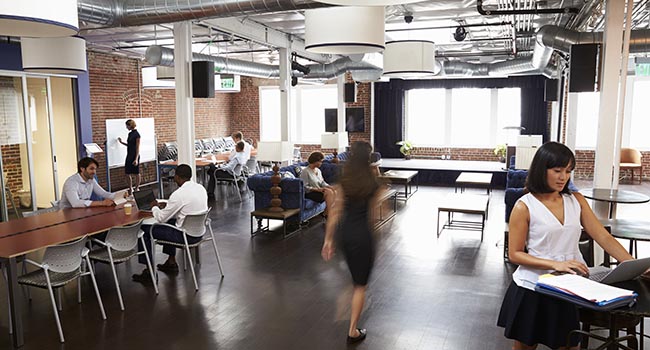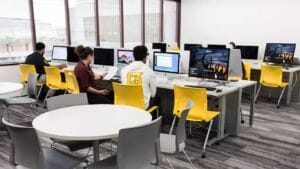ERP systems are the future of sustainable business planning. Enterprise Resource Planning might be three little words, but they contain within them a world of business stability and growth opportunities. For anyone unfamiliar with ERP, let’s take a moment to break it down before we move on.
Your business is an enterprise. That enterprise has resources (even if your company is currently located in a backroom, your business devices and your website – and the desk you work from – are all resources). Where you can make projections regarding resources, you can plan the procurement of all materials, monitor their use (including waste), and even track sales. You can then use the data to drive your decisions. In the end, this helps you to figure out what works for your business, as well as what doesn’t. ERP ultimately enables you to make wiser choices, and hopefully, it will lead your business to greater success. Let’s explore how…
What’s included in ERP?
ERP software can be tailored to help your business to achieve a higher level of productivity (check out Sage ERP system for an example of ERP software). And as any business owner knows all too well, productivity and efficiency are the life and soul of the workflow.
For example, do you currently have access to a range of customer relationship management (CRM) tools that enable you to glean audience insights? Do you have instant access to data relating to your production cycles, including stock monitoring? If the answer to these questions is “no”, then you need to think about changing that.
Every company shares certain needs. From procurement and sales to all aspects of production (including human resources), ERP can help you to track what’s important to you. When you have the data you need at the click of a mouse, you can make better-informed decisions that ultimately benefit your business in terms of long-term sustainability. It makes sense.
One vision
Different aspects of your business come with different operational considerations. From staffing to warehousing and from raw materials to your sales, different departments will develop naturally under their own direction (with the hope of increased efficiency).
The only problem is that communication can break down between departments – especially where they have little or no idea of how each other function. Do your staff understand the entire production cycle? Do they have access to the most up to date information relating to the distinct roles that each department plays? ERP provides a central hub of information that can enable your staff to better plan their output to create streamlined working processes with a singular vision. Each department needs to work harmoniously step by step, as if one cog in the chain goes down, then it can have a domino effect. Communication and clarity throughout all of your departments are absolutely key.
In terms of sustainability, your company will benefit from this singular vision by reducing waste and promoting the notion that where things can be done in a more efficient manner, the company is open to suggestions (your staff are your boots on the ground – they are best placed to suggest how inter-departmental working strategies could be improved). Always let your employees know that you are open to their opinions on work processes, and if they think there is anywhere that has room for improvement, genuinely take this information on board.
Digitalization boosts output (and staff retention rates)
Where your project-based learning insights are put into action, your output is increased and staff experience a much greater rate of fulfillment. If you take the time to listen, the people you rely on to keep your company going will see that their input is valued and that the company as a whole can benefit from their decisive actions, staff retention rates begin to reflect a more sustainable workplace. And where would you be without your teams? Recruitment is costly and good employees can be hard to find – this is why you must treat the ones you have with care and respect, to ensure they stay on board. Give them the right tools for the job, and they will repay with their services, as well as a good attitude.
Put more simply, failing to switch to ERP can lead to a communication crisis and unnecessary stress that results in an unsustainable staff turnover (with a frequent loss of skills that could spell the end for your business).




